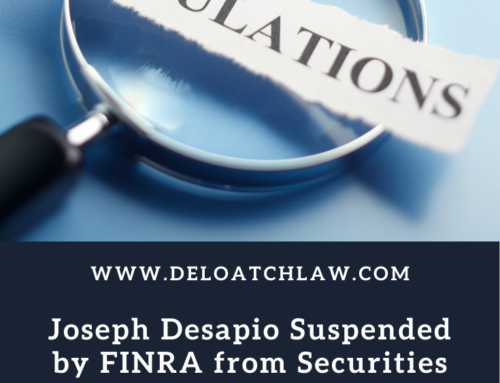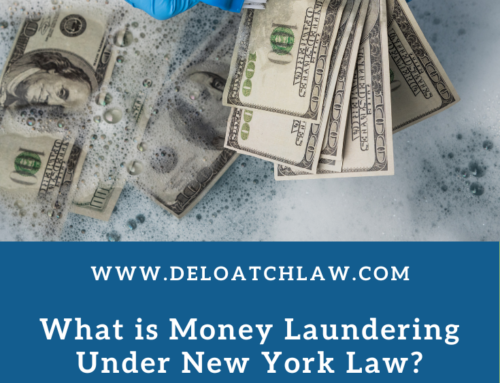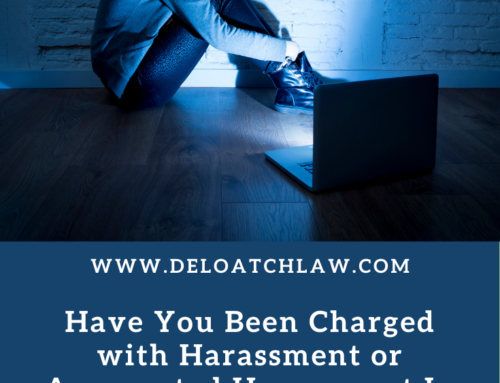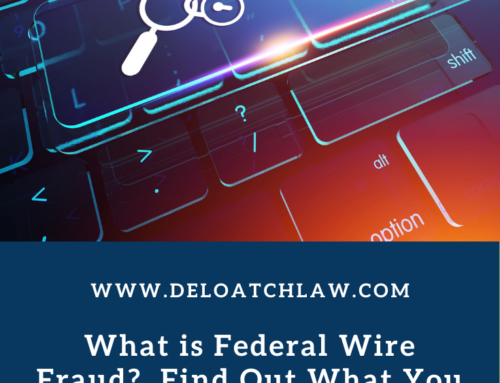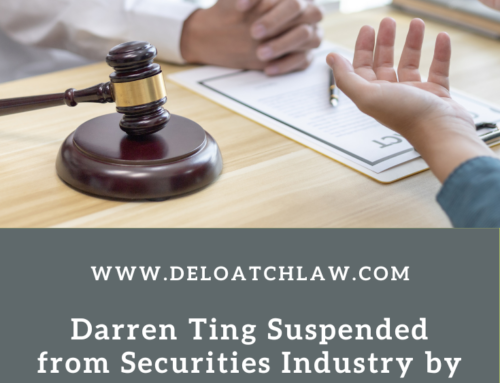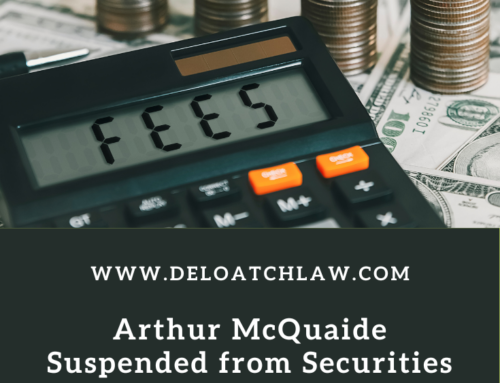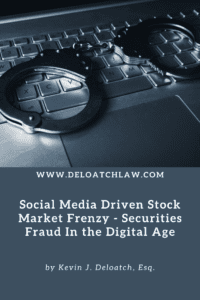 GameStop Corp. (GME), AMC Entertainment Holdings (AMC) and BlackBerry Ltd. (BB) have seen their stock prices rise dramatically over the past few weeks after being the topic in social media and/or on message boards such as Reddit, Discord, Facebook and Twitter. It’s been reported that users of these platforms have been encouraging each other to take positions in these securities and in some instances, intentionally acting in concert to intensify losses among professional traders in what can best be described as a social media driven stock market frenzy. If this is true and can be proven, this could expose some of these investors to serious federal criminal and/or civil charges of securities fraud.
GameStop Corp. (GME), AMC Entertainment Holdings (AMC) and BlackBerry Ltd. (BB) have seen their stock prices rise dramatically over the past few weeks after being the topic in social media and/or on message boards such as Reddit, Discord, Facebook and Twitter. It’s been reported that users of these platforms have been encouraging each other to take positions in these securities and in some instances, intentionally acting in concert to intensify losses among professional traders in what can best be described as a social media driven stock market frenzy. If this is true and can be proven, this could expose some of these investors to serious federal criminal and/or civil charges of securities fraud.
Employment of Manipulative and Deceptive Practices
Specifically, Rule 10b-5, issued by the Securities and Exchange Commission (SEC) under section 10(b) of the Exchange Act of 1934, makes clear that it is unlawful for any person, directly or indirectly, while using the channels of interstate commerce or any facility of any national securities exchange:
- To employ any device, scheme, or artifice to defraud,
- To make any untrue statement of a material fact or to omit to state a material fact necessary in order to make the statements made, in the light of the circumstances under which they were made, not misleading, or
- To engage in any act, practice, or course of business which operates or would operate as a fraud or deceit upon any person, in connection with the purchase or sale of any security.”
Thus, depending on a number of factors, an investor who was “talking up” the stock on social media platforms and engaged with others to enter into transactions to affect the price of the securities may have very real 10b-5 exposure.
Additionally, some investors who engaged in certain actions could find that they have legal exposure under section 9 of the Exchange Act of 1934, which addresses manipulation in the markets. Specifically, section 9(a)(2) makes it illegal to raise the price of a security “for the purpose of inducing the purchase …by others.”
Indeed, a January 27, 2021 article from the Wall Street Journal reported that:
[N]ewbie investors are gathering on platforms like Reddit, Discord, Facebook and Twitter. They are encouraging each other to pile into stocks, bragging about their gains and, at times, intentionally banding together to intensify losses among professional traders, who protest that social-media hordes are conspiring to move stock prices.
The article also reported that a former SEC enforcement chief who currently is with the Financial Industry Regulatory Authority (FINRA) stated:
[I]f you have people putting information out on a website, and these are stock pickers selling into the frenzy and they are not disclosing that, it can be fraud.
In short, whether any investor can be charged under sections 10b-5 and/or 9 of the Exchange Act of 1934 under these circumstances depends on whether their specific acts rise to an actionable level. This will entail federal investigators looking at the facts and circumstances of their actions.
How will federal investigators know what to look for? The Answer is – the devil is in the details.
On-Line Devices Create a Detailed Paper Trail
We all love the convenience of our internet devices and social media. They keep us connected to friends and family and allow us to enter transactions at our convenience. Indeed, on-line trading platforms such as Robinhood Markets, Inc., Charles Schwab & Co., Inc. and TD Ameritrade Holding Corp. have gained in popularity over the years. However, we often don’t think of how much detailed information about us they reveal.
All internet connected devices, such as computers, tablets, smartphones and routers have IP addresses, which identify the specific device. The IP address is traceable from every website that device engages with directly back to the owner and/or user(s) of the device(s).
Moreover, creating brokerage and social media accounts require the user to provide additional identifying information, such as a name, username and whatever additional profile information that’s required for establishing the account.
Thus, when someone uses their computer or smartphone to establish an 1) on-line trading account; 2) and a social media account; and then 3) makes statements regarding securities on that social media platform, those interactions are all connected by the common IP address(es). Specifically, this creates a very detailed picture about the user, including but not limited to:
- The name of the user;
- The nature of what was said;
- When they made the statement;
- What social media platform they used;
- The device(s) they used to make the statement(s);
- Who they interacted with;
- The on-line trading platform(s) they used; and
- When they made any related transactions.
In short, for federal investigators, each point of engagement creates a detailed paper-trail back to the user. From the perspective of the investor, depending on what this information reveals, it can be the proverbial life-line, a lasso or worse yet, the hangman’s rope.
If you or someone you know has been arrested for or are the potential target of a securities fraud investigation in New York, call the Law Office of Kevin J. Deloatch, Esq. at (646) 792-2156 for a free consultation. The results of all prosecutions are determined by the facts and circumstances of your specific case and the skill and experience of your defense attorney. The Law Office of Kevin J. Deloatch, Esq. has an extensive securities law practice and over 30 years of experience on Wall Street. The time to file your claim may be limited so you should call today to avoid delay.

